Allergies - Thank goodness for the old Honey remedy!
▪1 Tablespoon honey every morning directly by itself
It’s that time of the year again when every plant that blooms, starts to produce pollen. The pollen that produces from February to about September lends itself to our seasonal allergies.
The pollens that the plants put out, are amazing powder-like substances that helps them to make seeds and reproduce.
As the wind blows and the bees buzz their tiny wings mix the dust in the air. All this is a nightmare for the lover of the outdoors.
My great-grandmother died at 106 years old and you know how grandparents are…. They have a remedy for everything. I mean there are over-the-counter treatments that are available, but many people including my great-grandma “Meeme” prefer natural treatments instead. Oh, did I tell you her daughter, my grandma “Addie” died at 103 years old? Yep, sure did! If there was a cry with one of us, great-granda “Meeme had a remedy. She never had any form of allergy. Ask her what she took and Great-grandma “Meeme” would say “the local honey is raw, unprocessed honey made close to where I live, and I have been taking one tablespoon honey, by mouth, unheated, every morning all my life and this is how we have done it for generations in our family and I am not going to change now. Thank goodness for the old Honey remedy. It is the bomb”. Grandma also said she enjoyed honey in everything as she really never liked sugar and rarely used it. “The honey I took in the morning I just pour it on the spoon and swallow without adding it to anything, that way I get all the benefits.” Today the family still does not have any allergies as Great-grandma remedies still exist within our household.
Well, honey is rumored to help allergies, but scientists and doctors are skeptical.
A few random studies of honey indicated that local raw honey provides relief of seasonal environmental allergy symptoms comparable to antihistamines.
The idea behind eating local honey as a remedy for seasonal allergies is that it might work similarly to an allergy shot. When bees produce honey, it contains small amounts of pollen from nearby flowers. In fact, consuming honey—and therefore the pollen—may help combat seasonal allergies. It’s an interesting idea that, unfortunately, isn’t proven. Research is scant and inconclusive. While one small study in Malaysia found that honey consumption was beneficial to allergic rhinitis (Asha’ari, 2019), an earlier small study at the University of Connecticut found no benefit in allergy sufferers who consumed local honey, commercially processed honey, or placebo (Rajan, 2002).
“There is no scientific proof that eating local honey will improve seasonal allergies,” says the American College of Allergy, Asthma, and Immunology (ACAAI, 2018).
DISCLAIMER
If you have any medical questions or concerns, please talk to your healthcare provider. The articles on Rosie Honey are research and information drawn from medical societies and governmental agencies. However, they are not a substitute for professional medical advice, diagnosis, or treatment.

